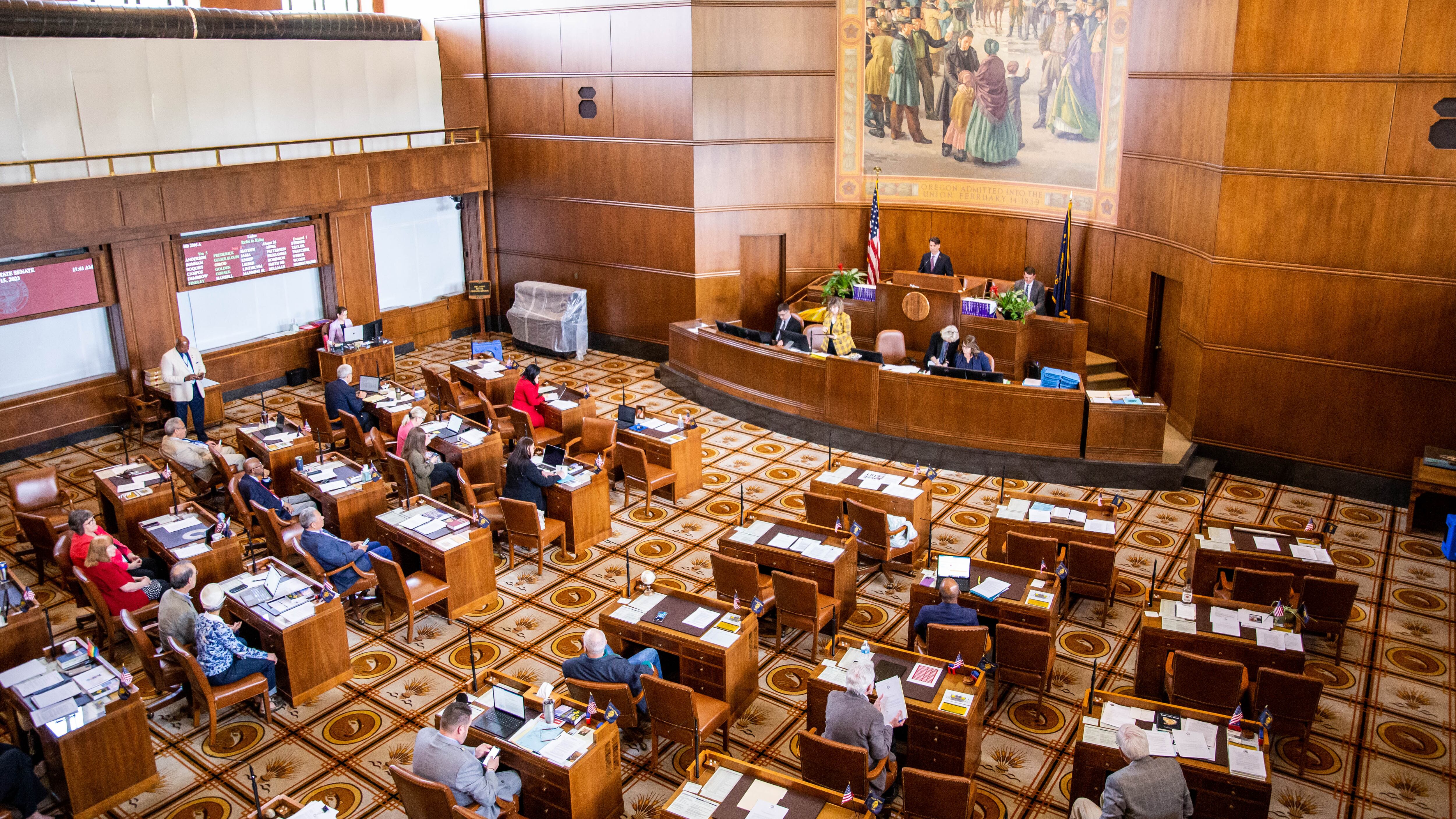Oregon’s coffers are overflowing. State officials have brought in so much tax revenue they expect to return more than $5 billion in credits to taxpayers next year via “the kicker.” It should be no surprise then, that in the frenzied last few days of the legislative session that ended June 25, lawmakers found plenty of places to make one-time expenditures.
Many of those checks will go to fund items of broad public benefit or help penniless operations. Some, not so much.
Here are five of the line items that caught our eye:
HOW MUCH: $8 million
WHO GOT IT: Landowners with natural resources in their estates
DID THEY NEED IT? Oregon already gives an inheritance tax credit for estates worth up to $15 million if they include farmland, commercial timber or other resource operations. This bill expanded the benefit to estates of any size, giving them exclusions on the first $15 million of taxable value. The watchdog group Tax Fairness Oregon says the bill will “benefit a tiny number of Oregonians at a cost of $8 million annually.”
HOW MUCH: $7.4 million
WHO GOT IT: Willamette Falls Locks Authority
DID THEY NEED IT? The locks at Willamette Falls closed in 2011 because they were a century and a half old and didn’t serve enough commercial traffic to keep them open: A federal decommissioning in 2016 reported less than 1,000 tons of traffic in 1999 and almost nothing since—with no new commercial demand in sight. “There are insufficient benefits (commercial navigation) to justify the repair and rehabilitation of the facility,” the U.S. Army Corps of Engineers said then.
HOW MUCH: $5 million
WHO GOT IT: Music clubs
DID THEY NEED IT? State Rep. Rob Nosse (D-Portland) asked for $50 million this session for cultural institutions ranging from the Oregon Shakespeare Festival to the smallest nightclubs.
Lawmakers shrank the list and the funding, kicking out the big groups but still helping venues such as the Aladdin Theater ($270,000), the Roseland ($264,000) and Revolution Hall ($235,000). “They were the first to close and last to reopen,” Nosse says, “and the culture of going out hasn’t returned here like it has in other states.”
HOW MUCH: $1 million
WHO GOT IT: Literary Arts, a Portland nonprofit
DID THEY NEED IT? The nonprofit behind the Portland Book Festival (formerly known as Wordstock) has been around for 37 years, promoting literacy and bringing notable authors to Portland. Now, it’s buying new space. “Literary Arts is one of the most beloved organizations of its kind in the U.S.,” Rep.Nosse says. “The center is going to make it easier for them to offer more programs and become more financially sustainable.”
HOW MUCH: $500,000
WHO GOT IT: Oregon Public Broadcasting
DID THEY NEED IT? OPB does a fine job of filling the airwaves. So fine that it has earned about $27 million in net revenues (i.e., profits) over the past two years, and has more than $100 million in the bank. OPB’s Steve Bass says the Legislature has long helped pay for broadcasting to 85% of the state. “The cost of providing service to [rural] communities is significant and greatly exceeds the revenue that can be generated,” Bass says. “So, the appropriation helps in fulfilling our commitment to provide service across the region.”

